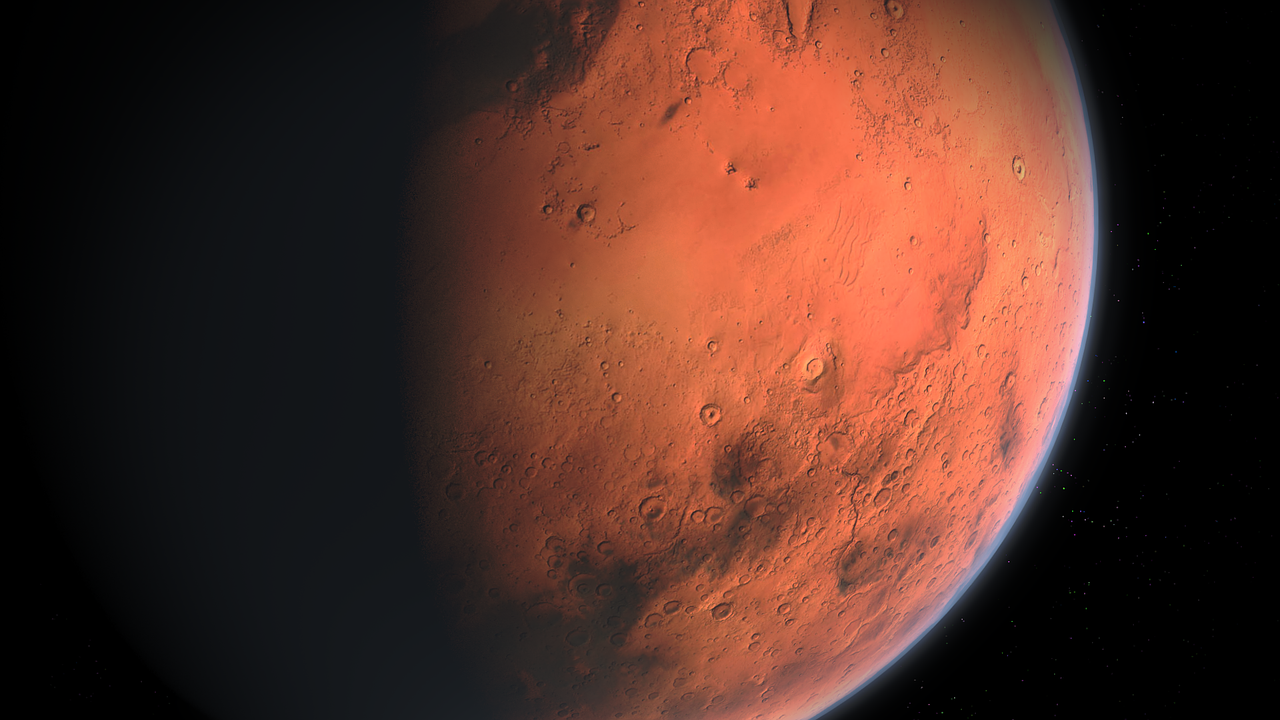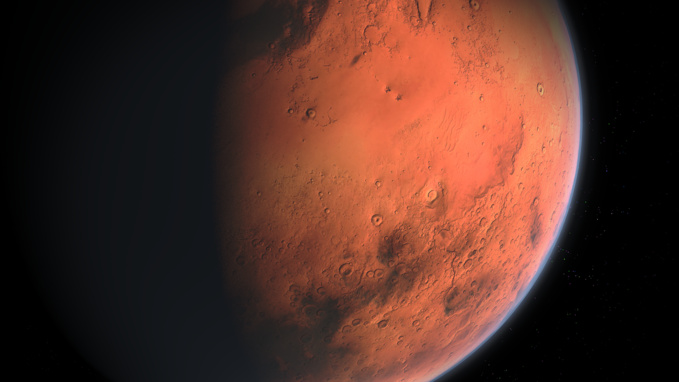China has successfully landed a spacecraft on the surface of Mars. This was reported by Xinhua news agency, citing the China National Space Administration.
This has become the first landing of a Chinese probe on another planet. "Tianwen-1 consists of an orbiter, a landing module and a Mars rover. It was launched on July 23, 2020. The probe entered Mars orbit in February 2021 and was exploring potential landing sites for more than two months.
Tianwen means "questions to the sky" in Chinese. The vehicle's name is taken from a poem by the ancient Chinese poet, which refers to stars and other celestial bodies, among other things.
According to the plan, the Mars rover Zhurong will explore the atmosphere, topography and geology of Mars for 90 Martian days (2.7% longer than on Earth). It will be powered by four solar panels. The rover is equipped with multispectral cameras for navigation and surveying, a subsurface sounding radar station, a ground chemistry and biomolecule search instrument, magnetic field detectors and a weather station. It is expected to transmit its first data on the planet as early as this year.
China made its first attempt to launch its Martian program back in 2011. China's microsatellite was supposed to reach Mars aboard the Russian Phobos-Grunt probe, but the spacecraft failed to leave Earth's orbit.
source: xinhuanet.com
This has become the first landing of a Chinese probe on another planet. "Tianwen-1 consists of an orbiter, a landing module and a Mars rover. It was launched on July 23, 2020. The probe entered Mars orbit in February 2021 and was exploring potential landing sites for more than two months.
Tianwen means "questions to the sky" in Chinese. The vehicle's name is taken from a poem by the ancient Chinese poet, which refers to stars and other celestial bodies, among other things.
According to the plan, the Mars rover Zhurong will explore the atmosphere, topography and geology of Mars for 90 Martian days (2.7% longer than on Earth). It will be powered by four solar panels. The rover is equipped with multispectral cameras for navigation and surveying, a subsurface sounding radar station, a ground chemistry and biomolecule search instrument, magnetic field detectors and a weather station. It is expected to transmit its first data on the planet as early as this year.
China made its first attempt to launch its Martian program back in 2011. China's microsatellite was supposed to reach Mars aboard the Russian Phobos-Grunt probe, but the spacecraft failed to leave Earth's orbit.
source: xinhuanet.com



















